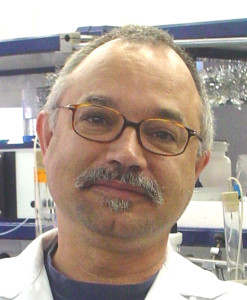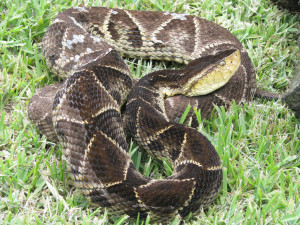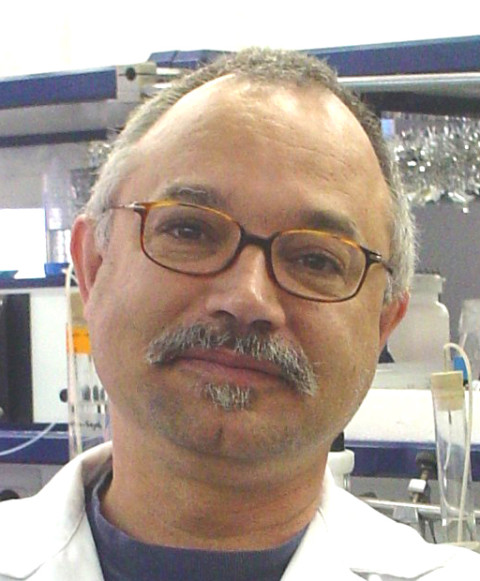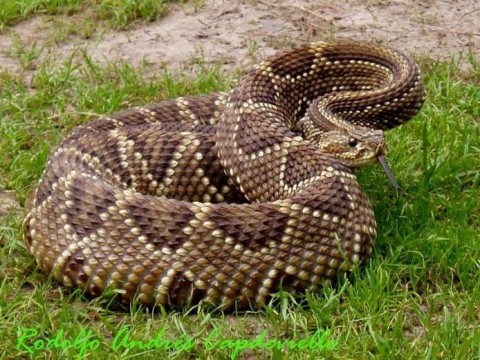As far as I know nobody has ever died of a snake bite in Valencia,
where the snakes, like the people, tend to be really relaxed and more
likely to roll over and ask you to stroke their bellies than bite you.
Nevertheless, a Valencian scientist, Juan José Calvete Chornet, has made a significant breakthrough in the development of anti-snake-venom antisera, which could save thousands of lives.
Everybody knows that if a snake bites you you are supposed to capture
it and take it to the nearest hospital for identification.
Unfortunately snakes don’t always collaborate with this endeavour.
There are about 500 snakes with lethal poisons in the world and about
125,000 deaths caused by their poisons among the 5.4 million people
bitten.
Juan José works at CSIC, the ‘Centro Superior de Investigaciones Científicas’, where he investigates the chemical composition of venoms, looking for evolutionary and immunological connections between them. Already they have helped produce antidotes that are effective against the bites of different poisonous snakes from Central and South America.
Juan José’s lab also receives poisons from Africa, Asia and Papua New Guinea, and his team collaborates with other biologists from the University of Melbourne, the School of Tropical Medicine in Liverpool and the Instituto Clodomiro Picado in Costa Rica.
The advances of this group of Valencian scientists will not only save lives directly, they will also reduce costs and increase efficiency in the production of antisera and their availability.
Previously, with a different antiserum for each snake, the right antidote was not available and was costly to produce in the required quantities.
 Calvete was also the first scientist to successfully identitify in
Calvete was also the first scientist to successfully identitify in
2009 the protein composition of the American rattlesnake, made famous in so many cowboy films.


